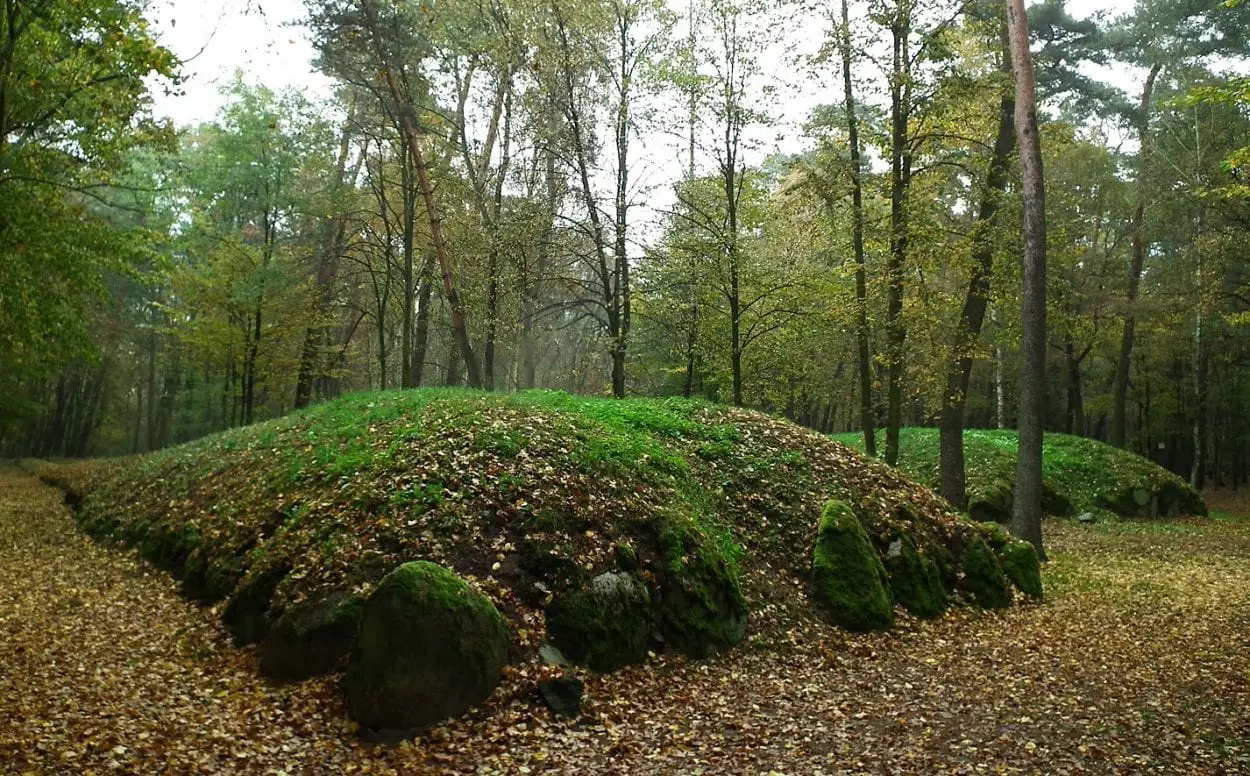Archaeologists conducting a detailed study of the area near the Kujawy megalithic tombs, dubbed the “Polish Pyramids”, have identified the associated settlements of the tomb builders.
The Kujawy megalithic tombs are a cluster of 130-metres-long elongated trapezium shaped tombs located in the Kujawy region of Poland that were constructed during the 4th millennium BC.
Archaeologists used a combination of exploratory non-invasive methods such as drone and aerial surveys, geochemical, and geophysical studies to discover individual houses and larger settlement networks.
Dr. Piotr Papiernik from the Archaeological and Ethnographic Museum in Łódź said to Nauki W Polsce: “All this allowed us to indicate with certainty the places where people lived at the time when the megalithic tombs were erected. The villages were small – up to 10 families lived in each of them and they covered an area of 1-1.5 hectares.”
Archaeologists suggest that the tombs served as a focal point of the settlement placement, creating a microregion in which the inhabitants of several villages would be involved in constructing each monument.
Limited excavations have discovered many animal bones from cows, pigs, sheep and goats, giving an indication that the settlement’s inhabitants focused mainly on livestock rather than agriculture. This is supported by a study of pollen samples taken by drilling cores into old lake beds that also revealed a low level of deforestation for farming.
Whilst the megalithic tombs contained the burials of the settlement’s elite, Dr. Papiernik points out that there is no evidence of individual burials or mass cemeteries for the ordinary people that lived in the vicinity. The next stage of Papiernik’s research is to try and locate these burial sites.
Kujawy Mounds – Image Credit : MOs810 – CC BY-SA 4.0





